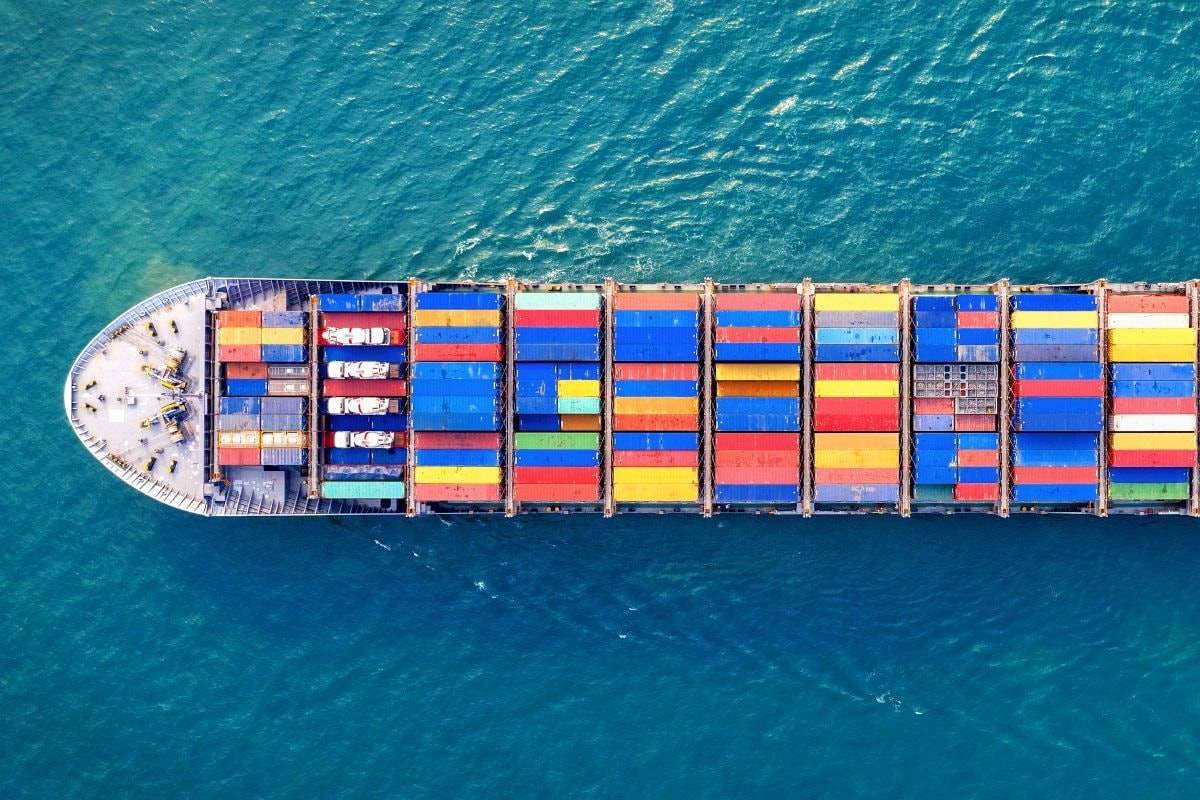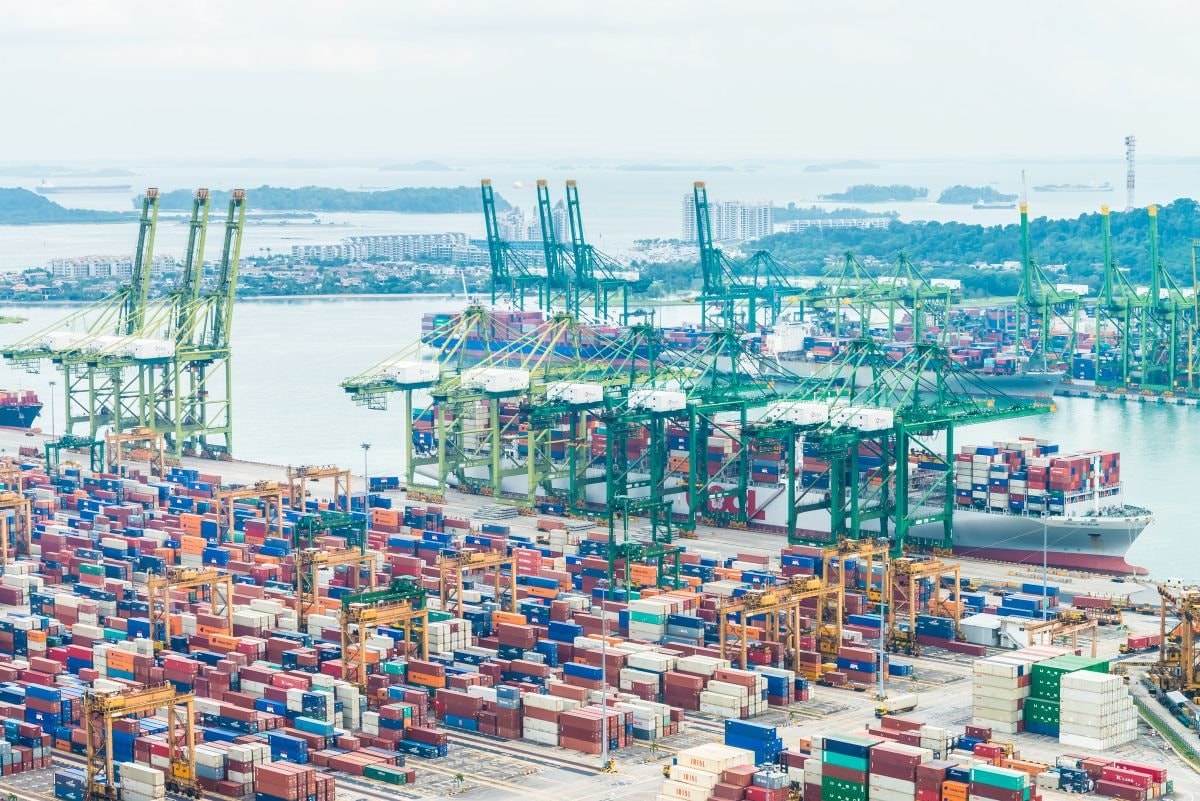The online seminar “Vietnam Export and Logistics Today: Opportunities, Challenges, and Solutions,” organized by the Ho Chi Minh City Logistics Association (HLA) on June 25, 2025, painted a comprehensive picture of Vietnam’s export economy amid global upheaval, while proposing strategic responses from top industry experts.

Pressure from International Trade and Strategic Responses
The seminar began with a presentation by Mr. Nguyen Hoai Chung, Deputy Head of Policy at HLA, who discussed the severe impacts of the U.S.'s countervailing tax policies on Vietnamese export goods. These not only affect competitiveness but also put pressure on foreign direct investment (FDI) flows and exchange rates.
To support Vietnamese businesses, Mr. Chung proposed key strategies such as market diversification, strengthening supply chain connectivity, and proactive risk forecasting. “Transparency in trade operations is a matter of survival in the current context,” he emphasized.
Wood and Seafood Industries Facing Sustainability Demands
Mr. Nguyen Chanh Phuong, Vice President of HAWA, believes that the wood processing industry must rapidly transition from exporting raw materials to high-value finished products, while also building a tight supply chain from raw material areas to factories and logistics networks.
Meanwhile, Ms. Tran Thuy Que Phuong from VASEP warned that dependence on the U.S. market makes the seafood industry vulnerable to new tariff policies. However, if post-July 9, 2025 negotiations are favorable, Vietnam's seafood industry could still reach its target of USD 10 billion this year.
Success in modern-day exports requires businesses to clearly understand global policy contexts, maintain strict traceability, and most importantly, take the initiative in creating added value rather than relying solely on processing. Today’s competition lies in sustainability and adaptability.
Logistics – The Key to Enhancing Competitive Capacity

A highlight of the seminar came from Mr. Truong Tan Loc, HLA Executive Committee Member, Head of HLA Research and Training Department, and Marketing Director of Saigon Newport Corporation (TCSG). He stated: “Changes in the logistics chain during the first half of 2025 are equivalent to the upheavals of the past ten years.”
Mr. Loc’s presentation revealed a serious imbalance in the logistics chain, as cargo handling capacity at ports has failed to keep up with global and domestic shipping fleet capabilities in the past six months. In response, TCSG implemented flexible solutions ranging from expanding connectivity, developing logistics infrastructure in strategic regions, to partnering with major ports such as Phuoc An and VICT. He especially emphasized the need to reform outdated delivery practices to create a more efficient supply chain for businesses.

With global logistics chains under constant pressure, maintaining old delivery practices is no longer viable. Flexibility in market access, multimodal transport integration, and infrastructure network development are essential for businesses seeking to optimize supply chain efficiency and sustain competitiveness.
Change to Adapt – An Irreversible Path
The seminar was not only a summary platform but also a forum to promote a shift in mindset in export and logistics. From wood to seafood, from small businesses to large corporations, all must adapt to unprecedented changes.
Mr. Truong Tan Loc concluded: “To survive and grow, businesses must abandon old habits and establish new approaches suited to the times.” The bold and flexible actions of the logistics sector in the first half of 2025 demonstrate that, with timely change, Vietnam can indeed turn challenges into opportunities and affirm its position in the global export market.